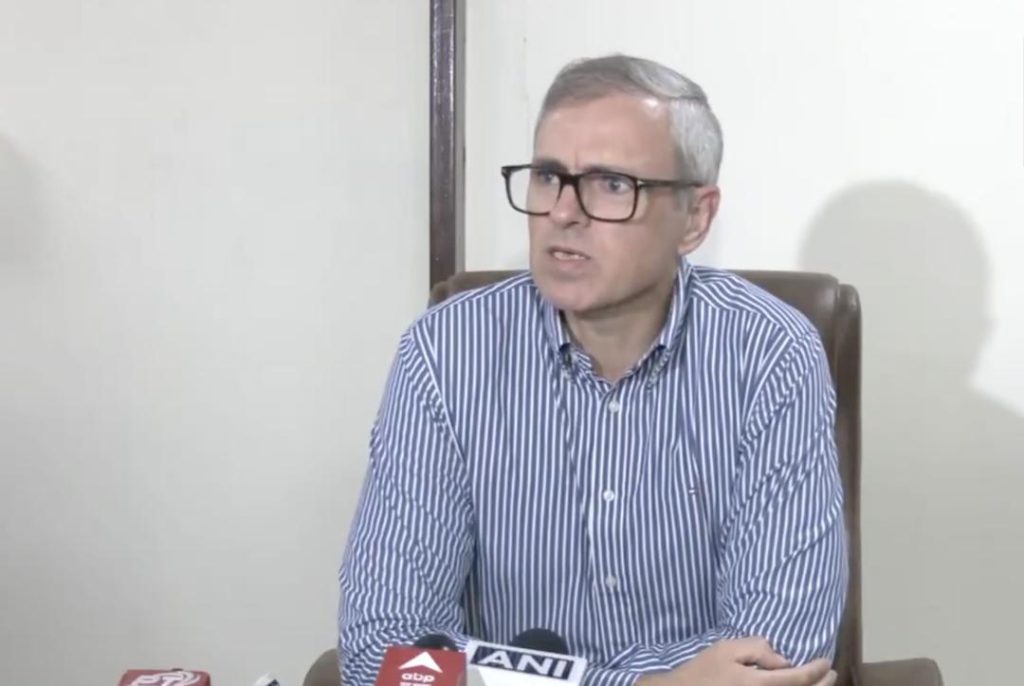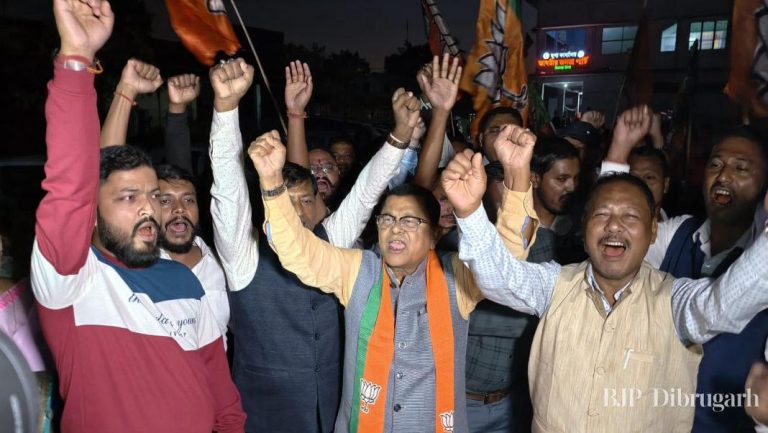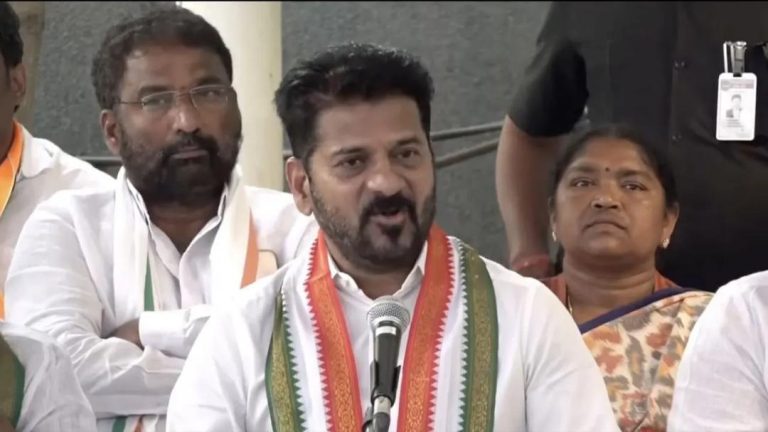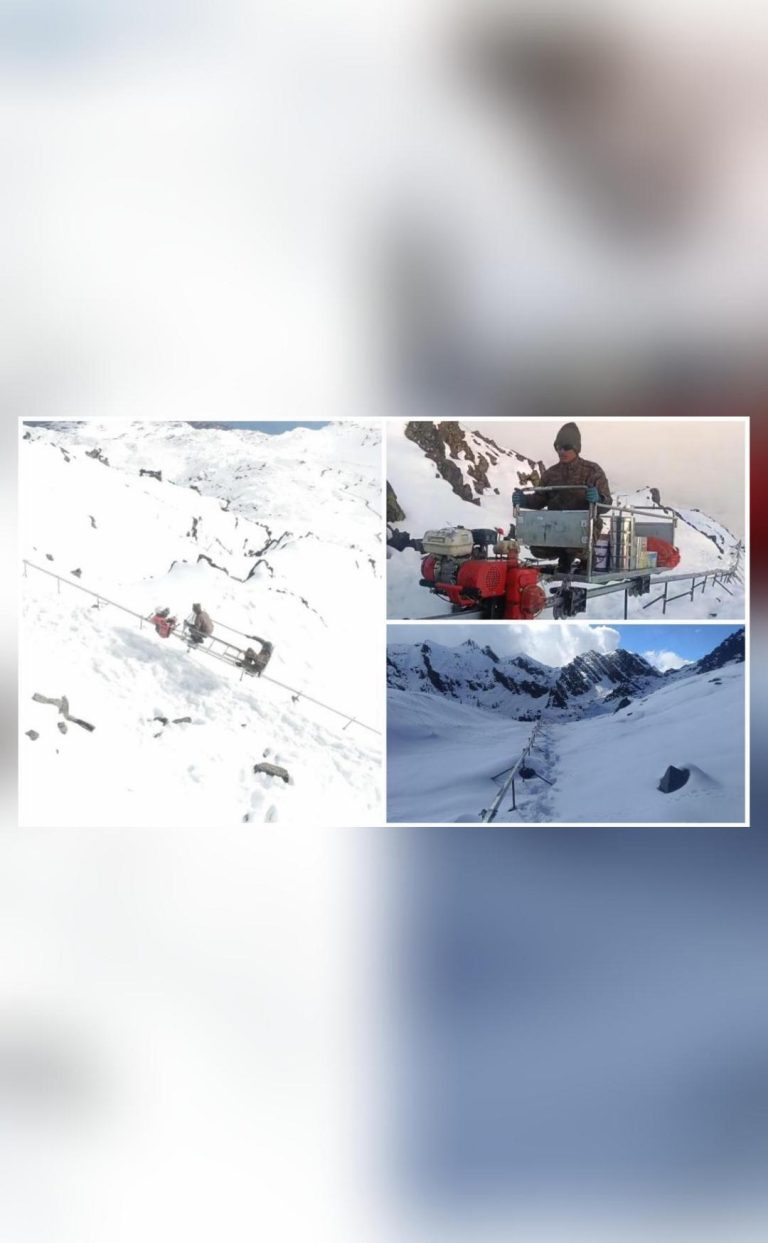
Why Should I Send Water to Punjab?: J&K CM on Canal Proposal
In a recent development, the Chief Minister of Jammu and Kashmir, Omar Abdullah, has expressed his reservations over a proposed 113 km-long canal aimed at redirecting surplus water from three western rivers of the Indus system in J&K to Punjab, Haryana, and Rajasthan. The canal, which has sparked controversy, has raised questions about the equitable distribution of water resources in the region. In this blog post, we will delve into the issue and examine the concerns raised by the J&K CM.
The proposed canal is aimed at utilizing the surplus water from the Western Rivers of the Indus system, which includes the Chenab, Jhelum, and Ravi rivers. The water from these rivers is currently being utilized by the states of Punjab, Haryana, and Rajasthan, and the canal seeks to further redirect this surplus water to these states. However, the J&K CM has questioned the necessity of this project, citing the fact that Punjab already has an adequate supply of water under the Indus Waters Treaty.
The Indus Waters Treaty, signed between India and Pakistan in 1960, is a comprehensive agreement that governs the sharing of the waters of the Indus system, including the Western Rivers. Under the treaty, Pakistan is entitled to receive a certain quantity of water from the Indus system, and India is required to provide this water to Pakistan. However, the J&K CM has argued that Punjab already has an adequate supply of water under the treaty and therefore, does not require any additional water from J&K.
Abdullah’s concerns are not unfounded. J&K is already facing a severe water scarcity issue, particularly in the valley regions. The state’s water resources are limited, and the existing infrastructure is inadequate to meet the growing demands of the population. The proposed canal would further deplete the state’s water resources, exacerbating the existing water crisis.
Moreover, the J&K CM has questioned the fairness of the proposal, citing the fact that Punjab did not provide J&K with any water during times of crisis. In the past, J&K has faced severe water shortages, particularly during the summer months when the demand for water is high. However, Punjab, which is a major beneficiary of the Indus Waters Treaty, did not provide any assistance to J&K during these times. This raises questions about the equity and fairness of the proposal.
In addition to the water scarcity issues, the J&K CM has also expressed concerns about the environmental impact of the proposed canal. The canal would require the construction of large dams and canals, which would have a significant impact on the environment. The project would also displace several villages and affect the livelihoods of thousands of people.
The controversy surrounding the proposed canal has sparked a debate about the equitable distribution of water resources in the region. While Punjab and other states in the region argue that the canal is necessary to meet their growing demands for water, the J&K CM has raised legitimate concerns about the fairness and equity of the proposal. The issue is not just about the distribution of water resources, but also about the historical and political context of the Indus Waters Treaty.
In conclusion, the proposed canal is a complex issue that raises questions about the equitable distribution of water resources in the region. While Punjab and other states in the region argue that the canal is necessary to meet their growing demands for water, the J&K CM has raised legitimate concerns about the fairness and equity of the proposal. The issue is not just about the distribution of water resources, but also about the historical and political context of the Indus Waters Treaty.
As the debate surrounding the proposed canal continues, it is essential to consider the concerns raised by the J&K CM and to explore alternative solutions that prioritize the equitable distribution of water resources in the region. The issue is not just about providing water to Punjab or other states, but also about ensuring that the water resources of J&K are protected and utilized in a sustainable manner.






